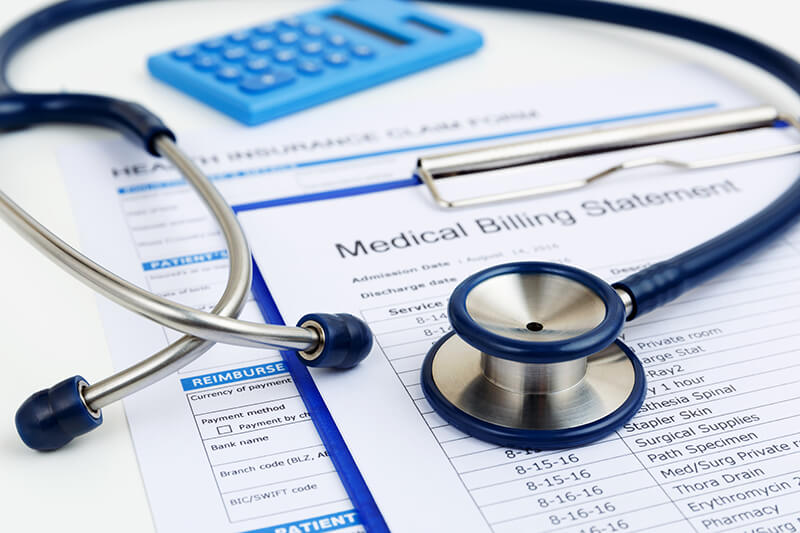Any business requires an ample amount of cash flow in order to maintain their budget, expenses and other investments. No matter what is the nature of business, one needs to know the approx amount of money that is going to come in terms of cash. Similarly, practitioners need to treat their medical practice as a business. No doctor ever prescribed a treatment without referring to the patient’s medical history, conducting tests and scrutinising through all the reports. But when it comes to managing the practice (or business), same practitioners are ignorant and do not pay much attention to the day to day financial operations. Just like the decisions for the treatment are highly data driven, the medical practice must be managed on the basis of recorded data as well. That is why practitioners need to manage the cash inflow in an organised way.
The cash flow needs to be recorded on a regular interval so that you have an idea about the cash in hand. If you are not able to manage your cash flow efficiently then there are absolute chances of failure. Managing the inflow of cash is very simple if handled strategically. So let’s have a look at some points which will affirm that regular record of cash will smoothen your budget.
Note down the inflow of patients on daily basis
You get patients on daily basis. Right? Then why push the notes and documentation to the weekend? It is important that the documentation is done on the day patient comes in. it will give you more accurate account of the monthly inflow and keep the number of days out that you are going to be paid.
Send the claims out the same day the patient was seen
When you are receiving your patients everyday then why push the bills for claims at the end of the week or month. Not only it complicates the entire procedure, it also increases the chances of claim denials. It will barely take you a couple of minutes but sending out the claims on daily basis will ensure that you have a correct approximate of money in your practice.
Document money the same day they are received
To keep the medical practice running smoothly, you need an ample amount of money in hand. Accounts receivable (A/R) needs to be kept in check in order to claim the money on time. Keeping track of A/R will show you clear scenario of money management. Different health insurance companies pay anywhere between one week and a month. If A/R is increasing then it means that your bills are not being collected on time which is a threat to your practice.
As a practitioner, you cannot depend completely on the amount you might recover from the insurance companies. There is no assurance about an account receivable money. That is why you need to record your inflow on a regular interval. Keeping a regular cash inflow record makes the life easier for both the practitioner and the billing staff.




